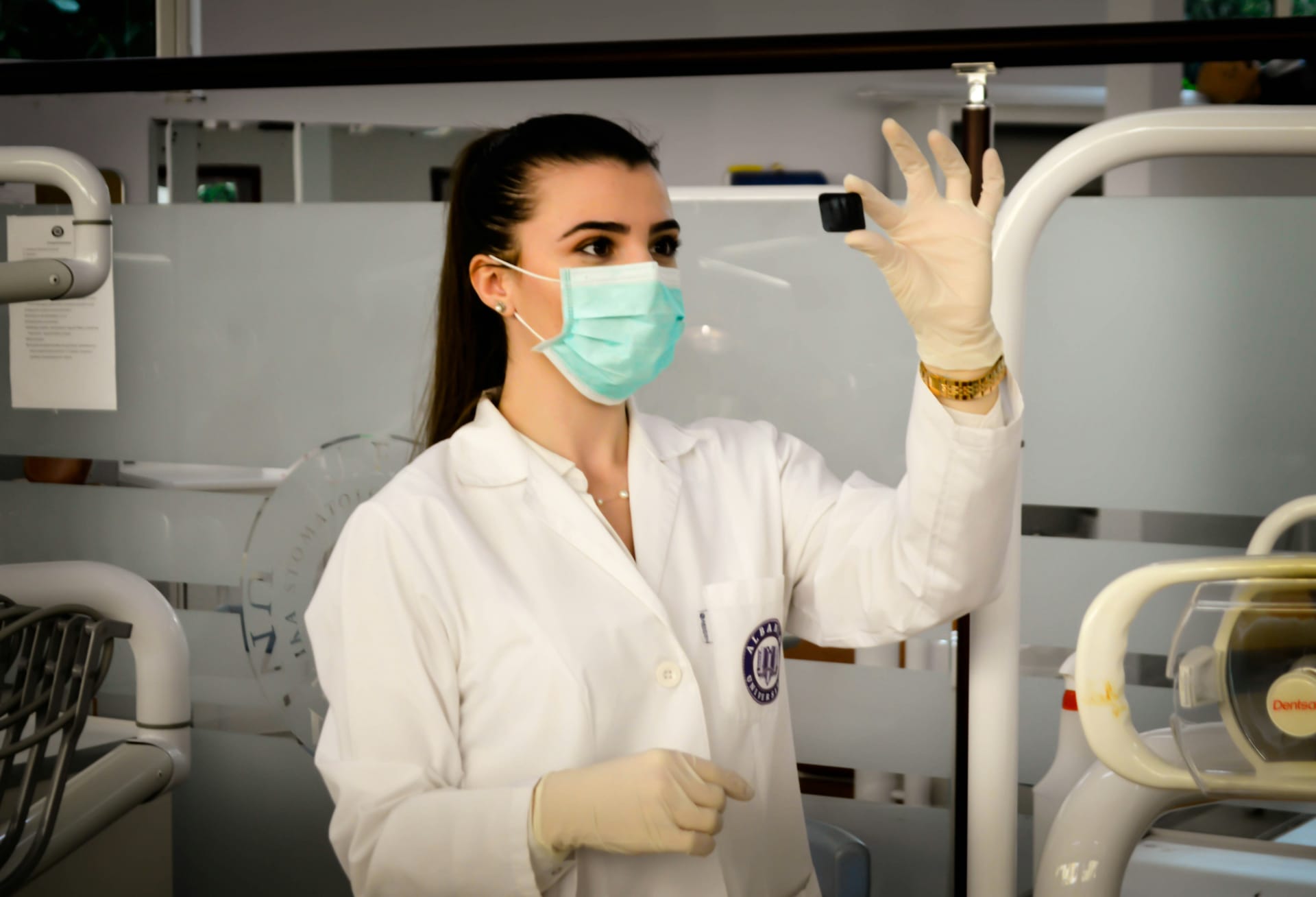As we enter the latter half of 2024, the UK healthcare system is grappling with unprecedented challenges. The strain on the NHS is evident, with a staggering 6.39 million patients waiting for treatment as of June 2024.
This overwhelming backlog is putting immense pressure on resources, leading many to reconsider how they approach their wellbeing. Preventative tests have emerged as a crucial solution in this context, offering a way for people to monitor their health proactively.
Below, we’ll explain what they are and why they’re so important.
What are preventative health tests?
Preventative tests are medical screenings designed to detect potential issues before symptoms appear. These examinations aim to identify risk factors or early signs of diseases, allowing for timely intervention and treatment.
Unlike diagnostic examinations that are performed when a person is already experiencing symptoms, these proactive checks are conducted on seemingly healthy individuals.
Common preventative tests
A wide array of preventative screenings are available, catering to different aspects of health and varying risk factors. The most common types of tests include:
- Blood tests, including checks for cholesterol levels, blood sugar, and markers of liver and kidney function.
- Cardiovascular screenings, such as electrocardiograms (ECGs) and stress exams to assess heart function
- Cancer prevention exams, including mammograms, colonoscopies and prostate-specific antigen (PSA) tests
In recent years, home-based testing has gained popularity, particularly sexually transmitted infection (STI) home test kits, which allow individuals to collect samples in the privacy of their homes and send them to labs for analysis. Other home-based screenings include those for vitamin deficiencies, food sensitivities and even genetic predispositions to certain conditions.
The benefits of preventative tests
The primary advantage of preventative exams is early detection. By identifying potential issues before they become serious, patients have a better chance of successful treatment or management. This can lead to improved outcomes and, in many cases, a longer life expectancy. Early intervention often also leads to less invasive treatments and lower healthcare costs in the long run.
Preventative checks also provide peace of mind. For many, knowing their health status can alleviate anxiety and allow them to make informed decisions about their lifestyle and healthcare choices. Additionally, they can serve as a wake-up call, motivating individuals to adopt healthier habits when risk factors are identified.
Who should get preventative tests?
While preventative screenings can benefit everyone, certain groups should be particularly vigilant, including:
- Adults over 40, who should consider regular screenings for common age-related conditions such as cardiovascular disease and certain cancers
- People with a family history of specific illnesses, who may need to start screenings earlier or undergo them more frequently
- Individuals with particular risk factors like smoking, obesity, or sedentary lifestyles.
It's important to note that the appropriate tests and their frequency can vary based on individual circumstances. Consulting with a healthcare provider is the best way to determine a personalised preventative plan.








